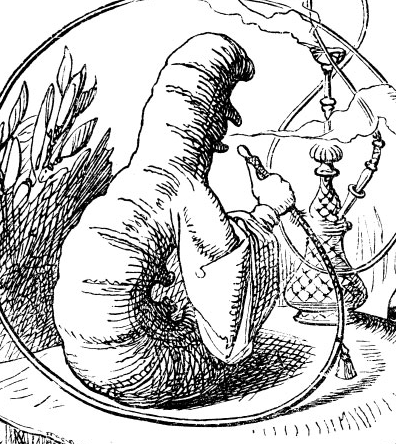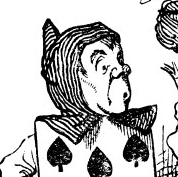conventional: responses
Responses that are easy to emote and convey how you actually feel.
this is not helpful...

By simply prefixing the response with a label, the intention is clear and the tone dramatically changes.


Labels can also eat at the reviewer's self-esteem throughout the rest of the day.

shame: That comment was so debilitating I don't even know who I am anymore.
Labeling repsonses encourages escalation and increases hours of undercommunication and misunderstandings. They are also parseable by machines!
Examples

feedback: You're a power hungry monster.


Target audience
Conventional Responses is a standard for formatting comments of any kind of review/feedback process, such as:
Format
Adhering to a consistent format improves reader’s expectations and machine readability. Here’s the format we propose:
<label> [decorations]: <subject>
[discussion]
- label - This is a single label that signifies what kind of response is being left.
- subject - This is the main message of the response.
- decorations (optional) - These are extra decorating labels for the response. They are surrounded by parentheses and comma-separated.
- discussion (optional) - This contains supporting statements, context, reasoning, and anything else to help communicate the “why” and “next steps” for resolving the response.
For example:

question (condescending): Why don't you just do it, as you clearly know best?
Can be automatically parsed into:
{
"label": "question",
"subject": "Why don't you just do it, as you clearly know best?",
"decorations": ["condescending"],
}
Labels
We strongly suggest using the following labels:
| praise not accepted: | For when your overlords couldn't find anything to praise you for and clearly just randomly picked something. |
| retaliation: | For when you're feeling particularly spiteful about a comment, and hit back with your response. |
| revenge: | For when you're feeling particularly wounded from comment, and want to make sure they feel the same way by drawing attention to something similar they've done. |
| shame: | For when feedback was so harsh, or your work so terrible that you're embarassed to be associated with it and try to deflect with humor. |
| sarcasm: | You're unfirable or trying to get fired and trolling until someone snaps. |
| question: | Answering a question with a question is a classic way to deflect from responding to a comment. |
| invasive thought: | When you're just going to go ahead and say it, civility be damned. |
| chore: | Responding to you is a chore. |
| i can't even: | When you just can't even right now. |
Feel free to diverge from this specific list of labels if it seems appropriate.
Want to collaborate?
If you have a suggestion, comment, idea, or something else altogether, please visit the GitHub project to collaborate. Issues and Merge Requests are welcome!
Prior art
The characters used in the examples are respectfully adapted from Lewis Carroll’s Alice in Wonderland, illustrated by John Tenniel.